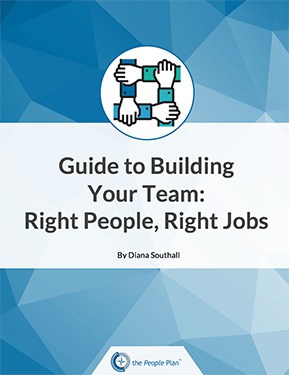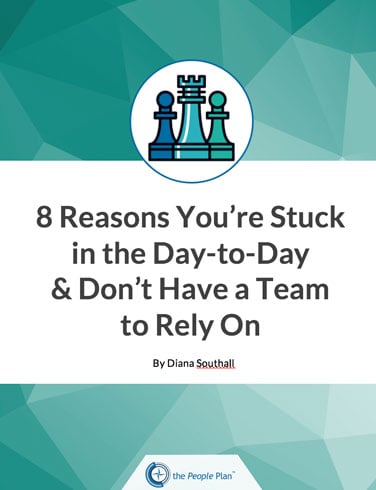Compensation (base pay) is the most expensive reward you offer employees yet it is not very impactful in retaining or motivating employees. (It is in attracting new employees and a factor in their decision to take your job offer). Your pay practices can also become a major de-motivator if employees feel that they are not paid fairly compared to other workers.
The problem:
- Surveys find that about half of employees do not know how their compensation is determined.
- Many organizations say that they “pay for performance” yet a top performer might receive a 4% raise instead of a 3% raise—not exactly providing a meaningful difference to reward extra effort.
- Incentive plans often create unintended consequences of discouraging teamwork, encouraging behaviors that do not serve the customer, or become an expected entitlement and not a motivator or perceived reward for great performance.
The solution:
Many theories of motivation and business authors (Dan Pink, Brad Ham) share the philosophy of Total Rewards—provide fair and market competitive wages and then provide the other Rewards to engage your staff. (See our series on 13 Total Rewards in the Rewards category of our blog).
As for incentives (variable pay), these plans need to be carefully designed and communicated so that they align individual effort with business goals and then share a reasonable part of the gain. Give employees an upside when they and the organization does well and you protect your bottom line for the lean times.
Contact us to learn more about the WNY Compensation & Benefits Survey to benchmark your organization to others in the region.
Image courtesy of Stuart Miles at FreeDigitalPhotos.net




